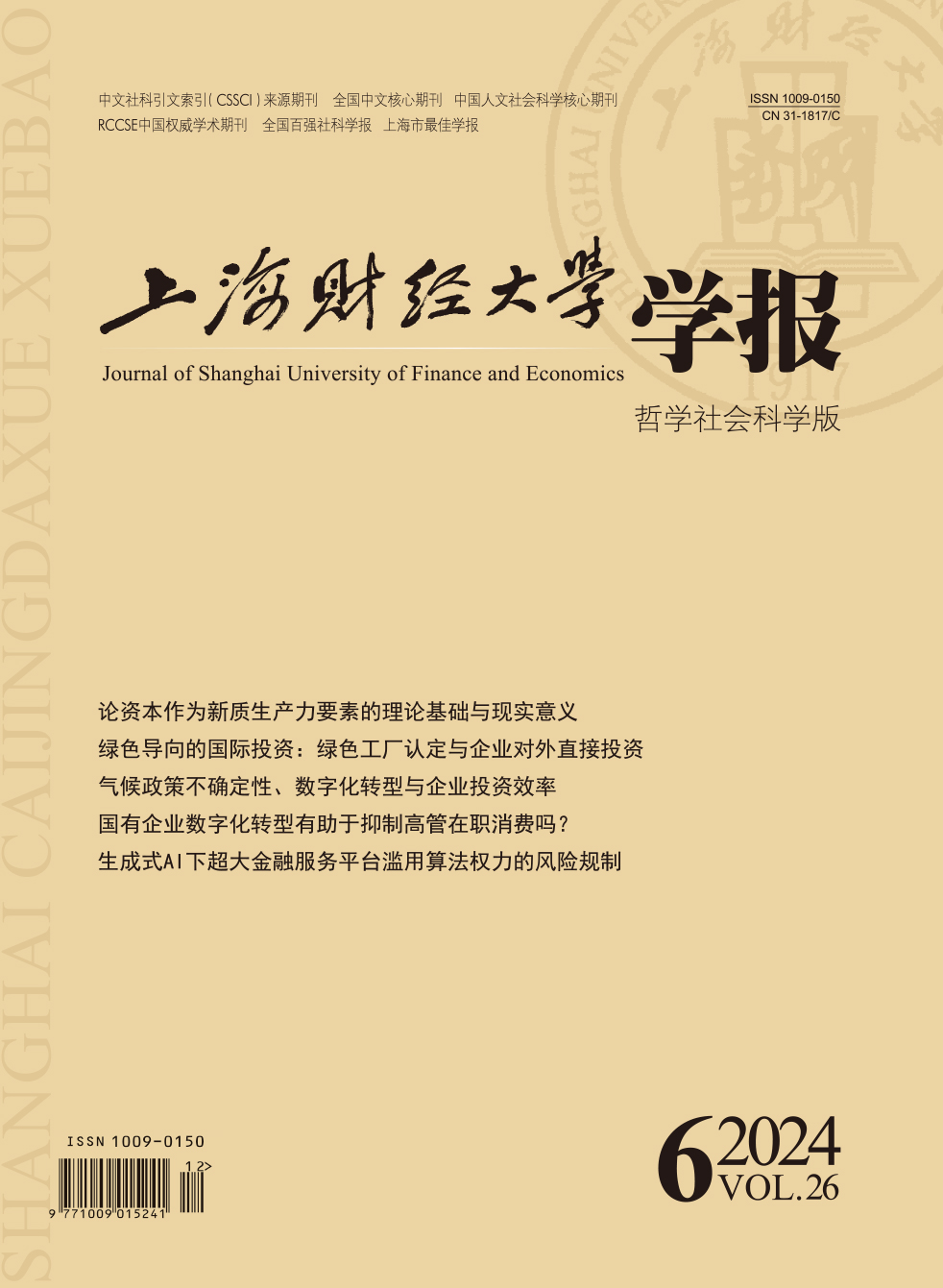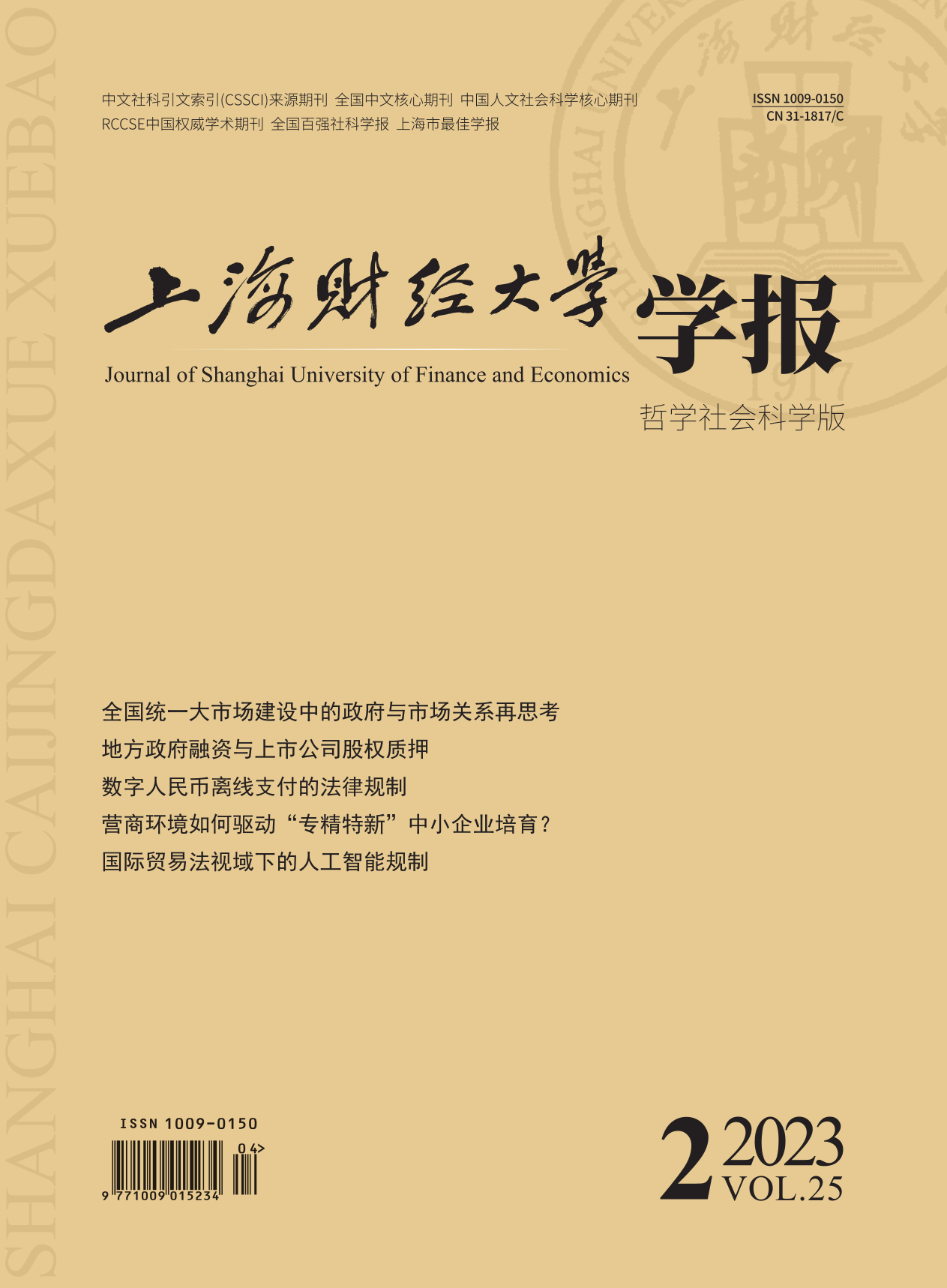The relationship between Artificial Intelligence and international trade has two dimensions: On the one hand, Artificial Intelligence has the great potential to change international trade and business models fundamentally; on the other hand, countries obtain the inputs needed to build Artificial Intelligence systems and deploy Artificial Intelligence solutions globally through international trade. There is a need to consider carefully the challenges that the widespread use of Artificial Intelligence will pose to the existing legal system of international trade. As the most important intergovernmental trade organization, the World Trade Organization plays an important role in further shaping how Artificial Intelligence is developed and deployed in international trade. Related provisions of the World Trade Organization can apply to Artificial Intelligence. Artificial Intelligence exacerbates the goods/services dichotomy dilemma and poses significant challenges to the World Trade Organization in the public morals exception. The cross-border use of artificial intelligence carries risks, as Artificial intelligence is designed for different environments and nurtured on geographically specific data. There is a strong case for governments to regulate trade driven by Artificial Intelligence. When dealing with issues related to Artificial Intelligence, the global trading system should pay more attention to local values and cultural backgrounds. Given the unique nature of challenges posed by Artificial Intelligence and the growing number of governments with different views on disruptive technologies, it is hard to make any progress on Artificial Intelligence regulation under the traditional “by consensus decision-making” approach of the World Trade Organization. An alternative paradigm, shaped by an increasing number of informal rules and standards, could be explored for the future regulatory path of artificial intelligence. The alternative paradigm should be shifted from “by consensus decision-making” under the World Trade Organization to “consensus of like-minded groups” represented by the World Trade Organization Joint Statement Initiative and digital economy agreements such as the Digital Economy Partnership Agreement. More specifically, a specific topic on artificial intelligence could be added to the World Trade Organization E-commerce Joint Statement Initiative negotiations and listed independently. The modular approach used in the Digital Economy Partnership Agreement may help to address some of the Artificial Intelligence-related trade issues that World Trade Organization agreements cannot handle now, enabling the World Trade Organization to integrate more actively into the digital world. In addition, the World Trade Organization’s Agreement on Technical Barriers to Trade, which facilitates the interoperability of Artificial Intelligence standards, could also play an important role in Artificial Intelligence regulation.
 / Journals / Journal of Shanghai University of Finance and Economics
/ Journals / Journal of Shanghai University of Finance and EconomicsJournal of Shanghai University of Finance and Economics
LiuYuanchun, Editor-in-Chief
ZhengChunrong, Vice Executive Editor-in-Chief
GuoChanglin YanJinqiang WangWenbin WuWenfang, Vice Editor-in-Chief
The Regulation of Artificial Intelligence in the Context of International Trade Law: A WTO Perspective
Journal of Shanghai University of Finance and Economics Vol. 25, Issue 02, pp. 122 - 136,152 (2023) DOI:10.16538/j.cnki.jsufe.2023.02.009
Summary
References
Summary
Cite this article
Dai Yihan. The Regulation of Artificial Intelligence in the Context of International Trade Law: A WTO Perspective[J]. Journal of Shanghai University of Finance and Economics, 2023, 25(2): 122-136.
Export Citations as:
For




 3530
3530  3432
3432

